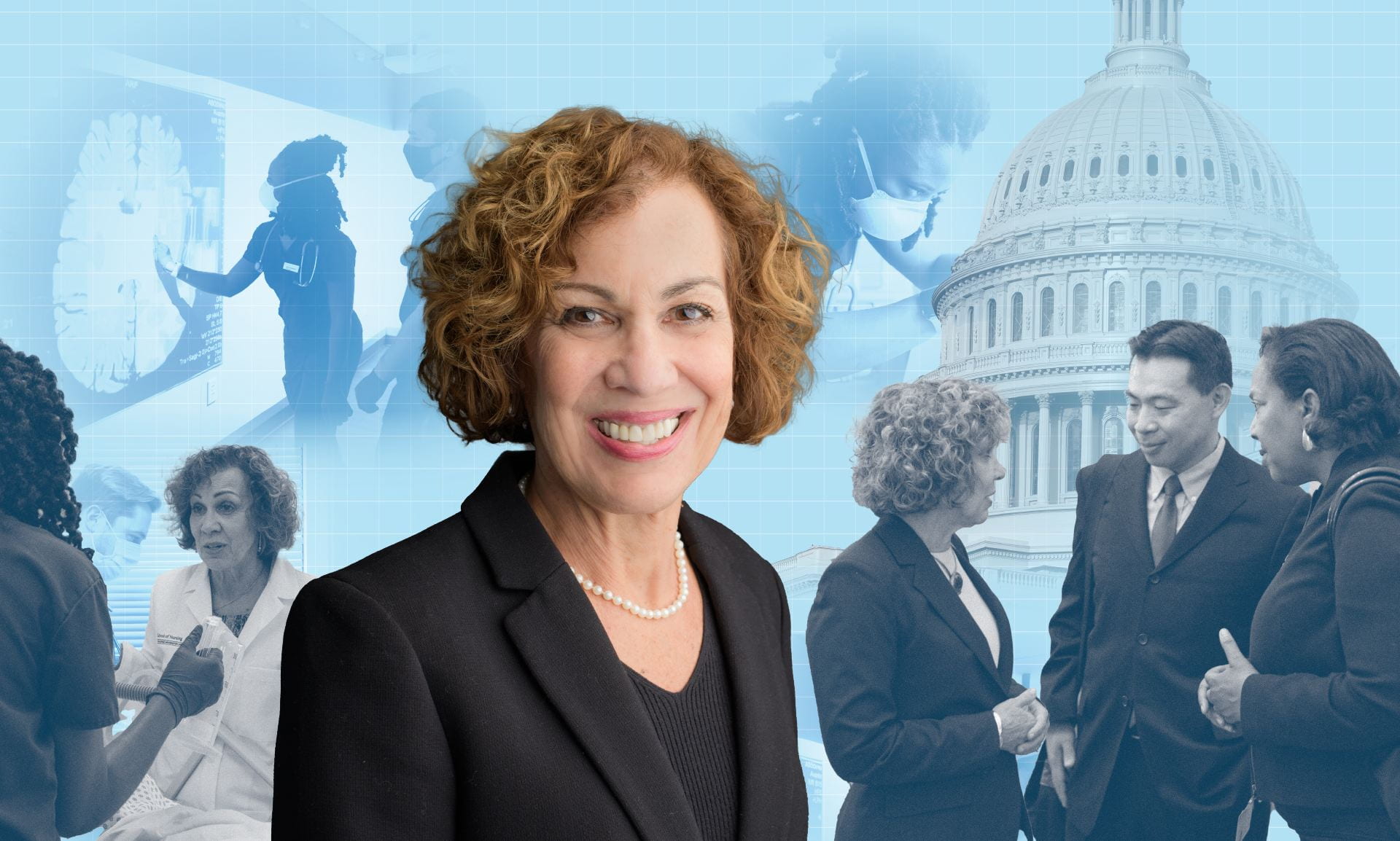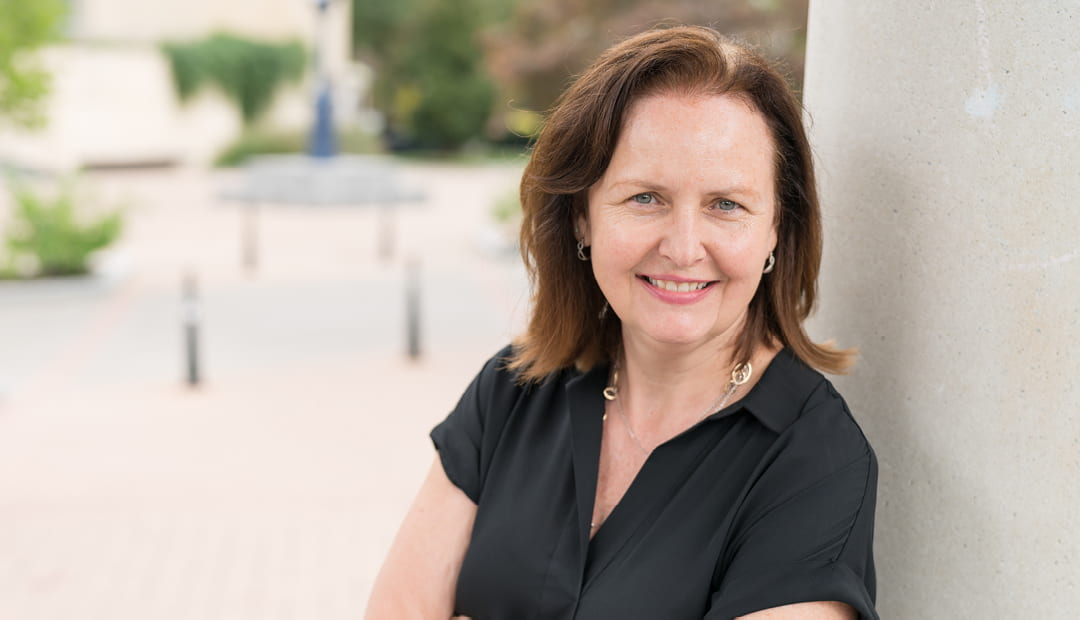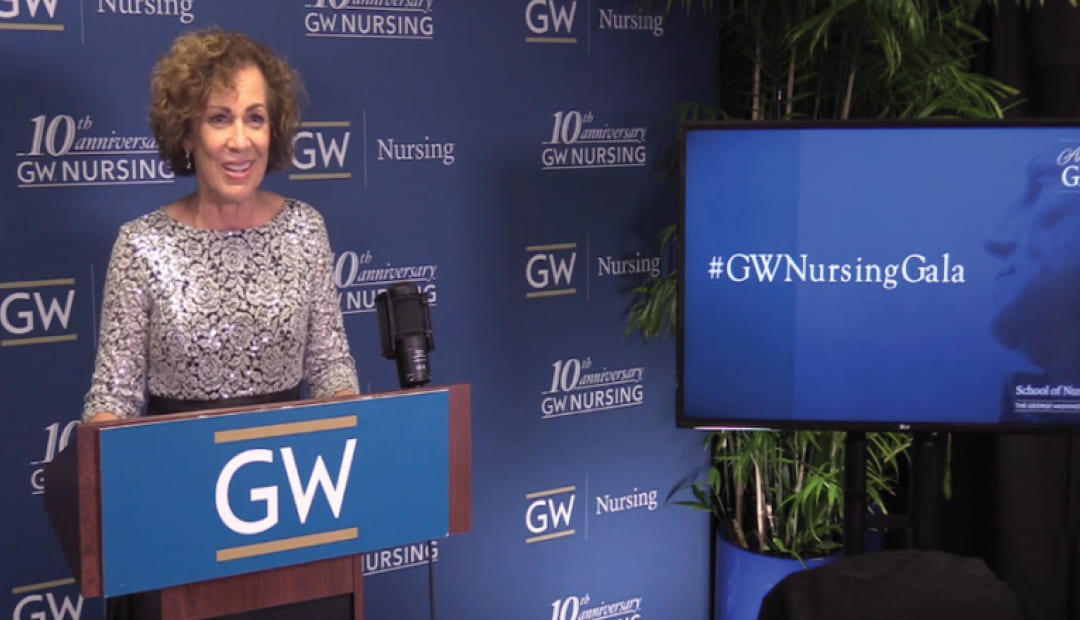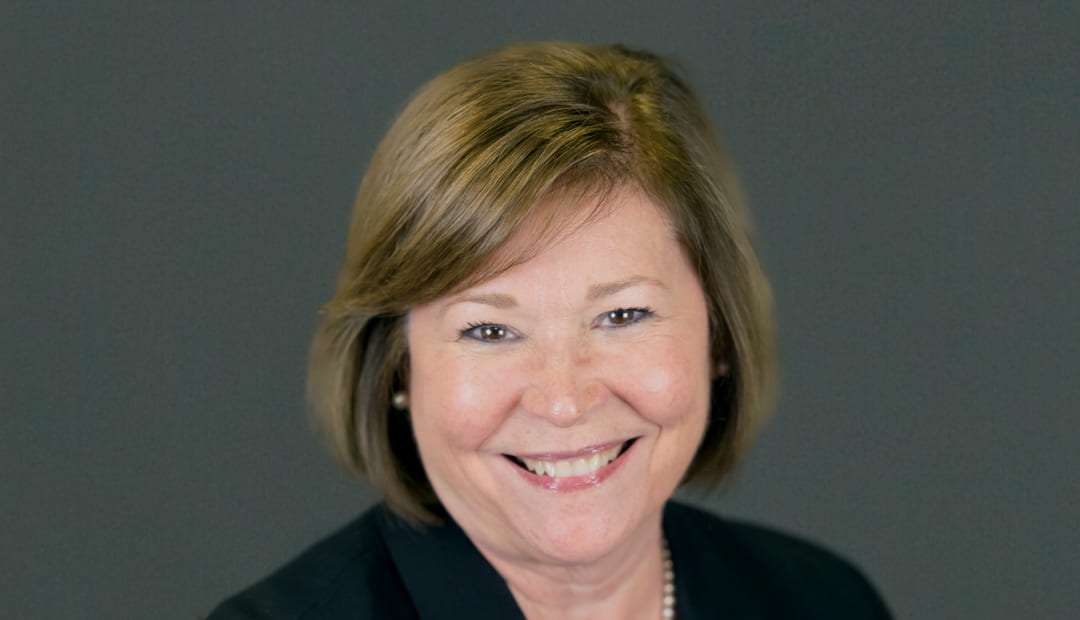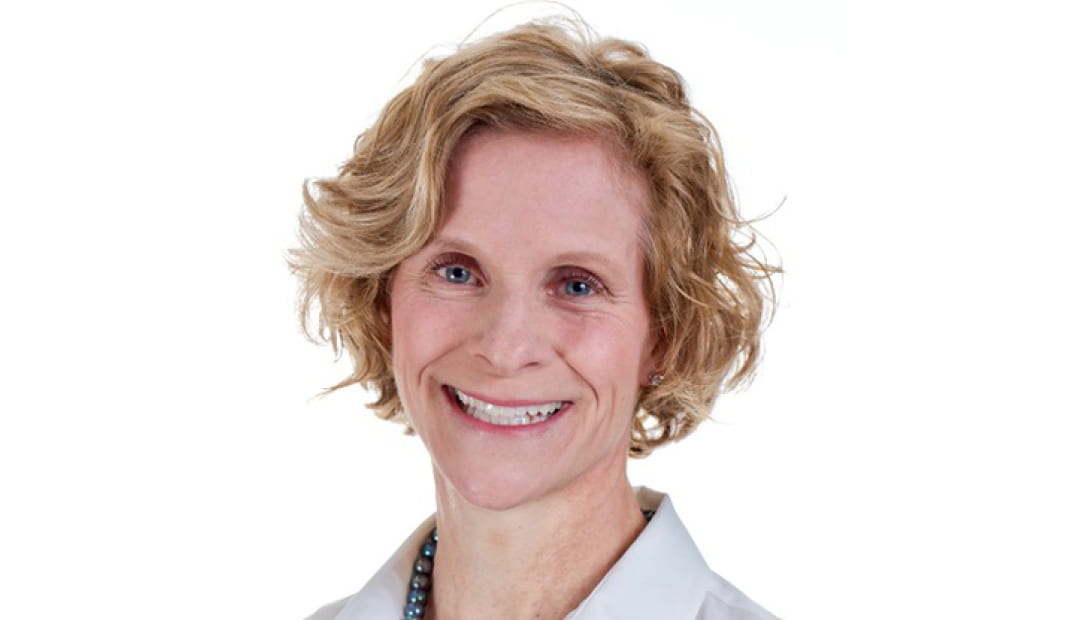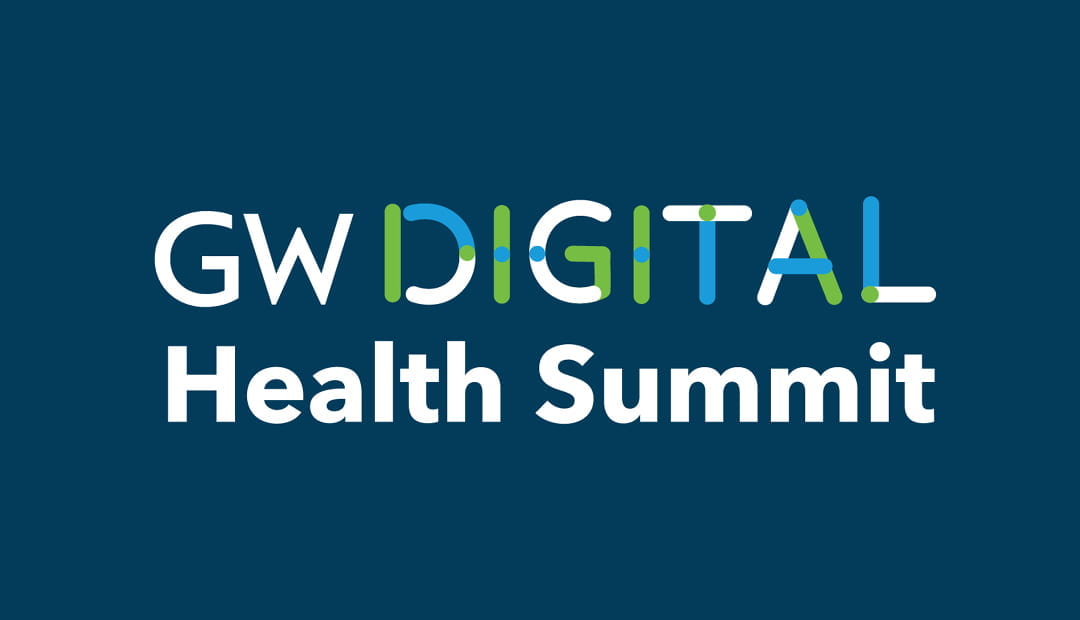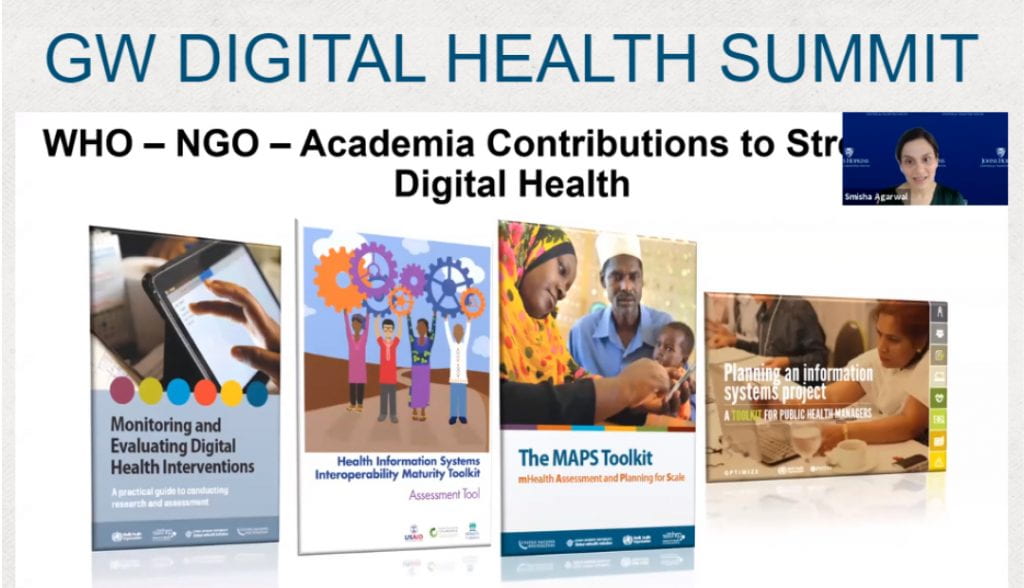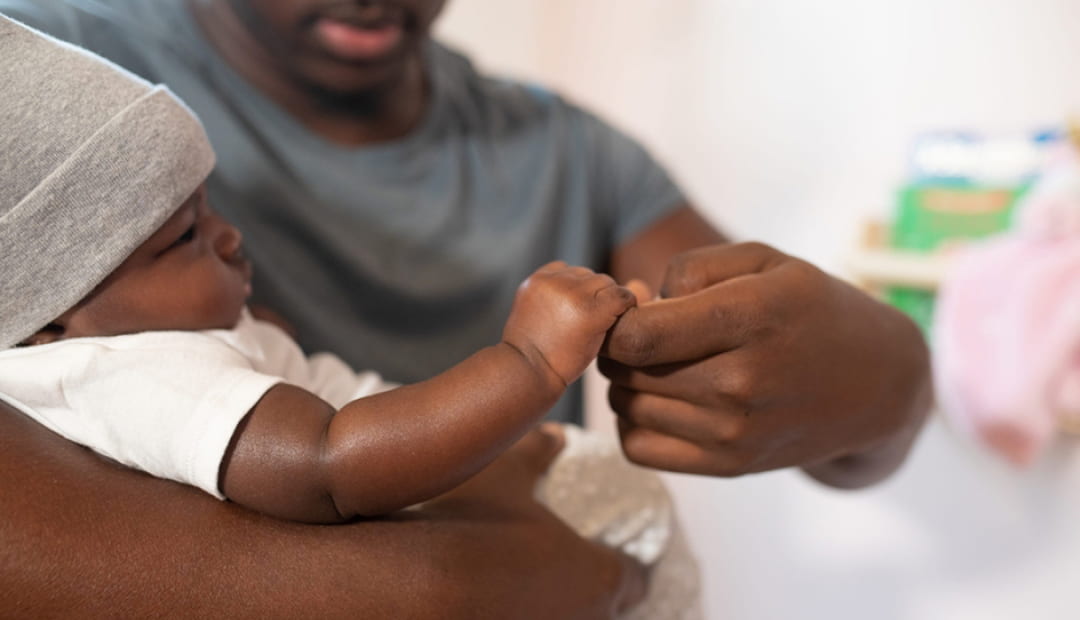GW Nursing is teaming with accomplished, well-respected faculty who are experts in their fields, and each year the awards and honors roll in, rewarding them for their excellent work.
B
Dr. Melissa Batchelor’s project on: Towards Age-Friendly: Improving Lives for All 2.0 has been selected for University Seminars Funding Program 2020-21.
C
Dr. Linda Cassar is selected to be an item writer for the National Certification Corporation (NCC) for their new Inpatient Antepartum Core Certification Exam.
Dr. Linda Cassar is selected to serve on AWHONNs National Membership Committee for 2021-2022.
Dr. Linda Cassar has been appointed to be the co-chair of the Northern VA/DC chapter of Association of Women’s Health, Obstetric and Neonatal Nurses (AWHONN)
Dr. Catherine Cox received a $148,462.00 federal grant award from the TriService Nursing Research Program for her project “Nursing on the Ocean Blue.”
Dr. Cathi Cox is inducted as Fellow of the American Academy of Nursing
Drs. Catherine Cox, Angie McNelis and Michelle Rumble received funding ($25,000) from Competency & Credentialing Institute (CCI) Research Foundation for their project: Addressing the Perioperative Succession Crisis: How a Perioperative Nursing Elective Contributes to Recruitment and Retention. October 21, 2020.
D
Dr. Ashley Darcy-Mahoney is selected to participate as a panel member for the New York Academy of Medicine Event: The Future of Nursing 2020-2030: Charting a Path to Achieve Health Equity. June 22, 2021
Dr. Ashley Darcy-Mahoney is invited to participate in the NIH/CSR review for PAR Panel: Pediatric and Obstetric Pharmacology and Therapeutics. April 19-20, 2021.
Dr. Ashley Darcy-Mahoney is selected to participate in the upcoming 2021 NAM Emerging Leaders Forum (the Forum), April 20 – 21, 2021.
Drs. Sandra Davis and Karen Kesten are selected to serve on the DNPs of Color Inaugural Advisory Committee. March 21, 2021. www.docdnps.org
Dr. Sandra Davis received $2000 award for her project: The Healing Power of Music. Interprofessional Collaboration with Nursing, Music and Psychology faculty. GW University Seminar series 2020-2021
Drs. Karen Dawn and Erin Athey received $5,000 grant award from the GW Honey W. Nashman Center for Civic Engagement and Public Service for their project: Health Equity with DCHA. March 25, 2021.
Dr. Maritza Dowling was awarded funding ($14,992) from the FY21 COVID-19 Research Fund competition through the GW Office of the Vice Provost for Research for her submission, Usability and Acceptability of Telehealth Technologies During COVID-19 Among a Racially and Ethnically Diverse Sample of Medicaid and Medicare Beneficiaries.
Dr. Karen Drenkard was elected to serve on the AAN Board of Directors as Secretary.
E
Dr. Majeda El Banna is inducted as Fellow into the National League for Nursing (NLN) Academy of Nursing Education.
Dr. Majeda El Banna is selected to serve on the Eastern Nursing Research Society (ENRS) Inclusion, Diversity, Equity, & Accessibility (IDEA) Advisory Group
Ms. Esther Emard is appointed to the Board of Directors for the National Association for Healthcare Quality (NAHQ) and named the Director-at-Large.
G
Dr. Jeanne Geiger Brown is appointed to the Editorial Board of the Journal Sleep Medicine Reviews
Dr. Kathleen Griffith is Inducted as Fellows of the American Academy of Nursing
Dr. Kathleen Griffith will co-lead a project: Geriatric and Functional Assessments in Non-AIDS Defining Cancers ($496, 413). The P30 umbrella grant is held by Kevin Cullen, who is the cancer center director (P30CA134274 ). The goal of this research is to document relative differences in accelerated aging indicators between patients with NADCS and those with cancer who do not have a history of HIV disease.
J
Dr. Pamela Jeffries has been elected to a second term as a member of AAN’s Board of Directors.
K
Dr. Karen Kesten received $595 grant award from Phi Epsilon Chapter of Sigma for research project: Employers’ perspective of practice scholarship outcomes of nurses holding a DNP degree.
Dr. Karen Kesten was awarded the 2021 Morton A. Bender Teaching Award by the Vice Provost for Faculty Affairs for her excellence in teaching. She will also be inducted as a full member of the Academy of Distinguished Teachers.
Dr. Joyce Knestrick was awarded the 2021 Towers Pinnacle Award by the American Association of Nurse Practitioners (AANP) for her sustained history of outstanding contributions, resulting in increased national recognition of the NP role and enhanced opportunities for NPs to provide care to patients.
L
Dr. Daisy Le is selected to receive an AACR Scholar-in-Training Award to support her attendance at the AACR Virtual Conference on The Science of Cancer Health Disparities in Racial/Ethnic Minorities and the Medically Underserved, being held from October 2-4, 2020.
Dr. Daisy Le received funding ($5000) for a District of Columbia Center for AIDS Research (DC CFAR) microgrant to support her project titled: HPV Self-Sampling to Concurrently Promote Cervical and Anal Cancer Screenings among Women Living with HIV (WLH). October 7, 2020
Drs. Carla Berg (Milken Institute SPH PCH) and Daisy Le’s R01 project title: Regulatory Impact on VapeShops and Young Adults’ Use of ENDS – Diversity Supplement is funded ($412,301) by the NIH.
Dr. Dale Lupu and Amanda Nicklas’s project was approved for $1.16 million in funding by the Patient-Centered Outcomes Research Institute’s (PCORI) Board of Governors and will scale up a multi-modal patient-centered intervention to improve advance care planning (ACP) for dialysis patients to over 3,500 patients in 50 dialysis clinics.
O
Dr. Anne-Marie O’Brien’s project on ““Addressing Income Inequality and Its Growing Threat
to Our Nation and The World” was selected for GW University Seminar Series funding ($4,000) for 2020-2021.
Drs. Anne-Marie O’Brien and Sandra Davis received $2750 award from GW Nashman Center Faculty Development for Community-Engaged Scholarship 2020-2021 for “Optimizing Health in an Urban Community: Bringing Together Community, Nursing, Nutrition and Mindfulness in DC’s Ward 8”
Dr. Anne-Marie O’Brien received $4,940 award for her project: “A simulation-based peer intervention training Program to increase active bystandership among a sample of police officers”. Drexel University – Rapid Response to Racial Injustices Grant Program 2020.
P
Dr. Cara Padovano is selected to participate in the second cohort of GW Academic Leadership Academy.
Dr. Joyce Pulcini received the National Organization of Nurse Practitioner Faculties Achievement Award.
Dr. Joyce Pulcini is elected to the Organizational Development Committee of the Eastern Nursing Research Society (ENRS).
R
Dr. Ric Ricciardi is appointed as a Fellow Ad Eundem of the Faculty of Nursing and Midwifery from the Royal College of Surgeons in Ireland (RCSI).
Dr. Ric Ricciardi is elected to serve on the Board of Directors of the American Association of Nurse Practitioners (AANP). His term begins on July 1, 2021.
S
Dr. Rhonda Schwindt received $29,997 grant award from the National League for Nursing for Impact of simulation versus case‐based learning on psychiatric nurse practitioner students’ knowledge, attitudes, beliefs and behaviors related to mental health care for gender diverse people submission. Designated as the Ruth Donnelly Corcoran Research Award recipient. May 21, 2021.
W
Dr. Sherrie Wallington is selected to participate in the second cohort of GW Academic Leadership Academy.
Dr. Sherrie Wallington is invited to participate in a virtual meeting of the President’s Cancer Panel (PCP) Series—Improving Resilience and Equity in Cancer Screening: Lessons from COVID-19 and Beyond. Virtual – November 9 and 10, 2020
Drs. Sherrie Wallington & Tony Yang are selected as fellows for 2020 RWJF Interdisciplinary Research Leaders Program (IRL). They received $359,000 award for their project, “It’s a Dad Thing: Fathers as Powerful Agents of Change in Reducing Disparities in Maternal Mortality in the District of Columbia”, a mixed-methods (key informant interviews, survey, and a policy analysis) study examining the role of fathers in reducing maternal mortality in the District of Columbia. DC has one of the highest rates of maternal mortality, especially among Black women.
Ms. Jennifer Walsh and Elizabeth Choma accepted to GW 2021 Course Design Institute from May 17 – 22.
Y
Dr. Tony Yang is selected to participate in the upcoming 2021 NAM Emerging Leaders Forum (the Forum), April 20 – 21, 2021.
Dr. Tony Yang has been selected to take part in an academic exchange and exploration of Israel.
Dr. Tony Yang was awarded a 2-year grant as PI by the HHS for $600,000 for his project title: A Community-based Patient Navigation Model for Hepatitis C Screening and Linkage to Care in People with Substance Use Disorders and Other High-Risk Populations in the District of Columbia.
